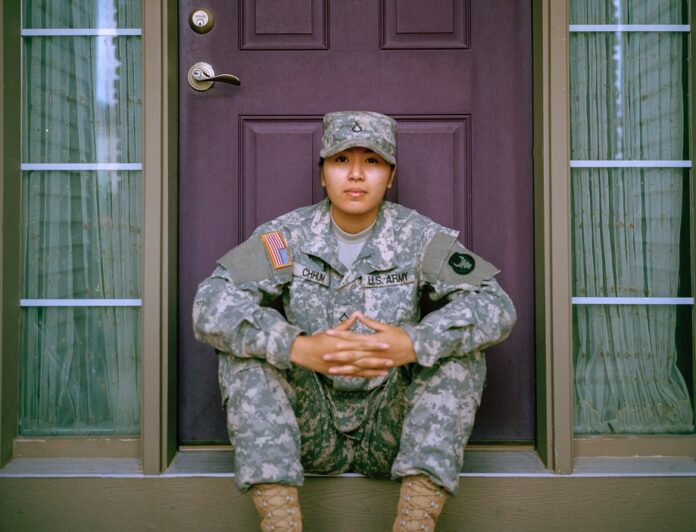Few careers command as much respect as those in the military, and every nation owes a debt of gratitude to its service personnel. The average military career in the US lasts 14 years, meaning that for the vast majority of service men and women reentering the civilian world, many of life’s challenges still lie ahead. Understandably, the transition can be a challenging one, but with the right mindset, a clear strategy and the use of VA support services, these challenges can be met head-on.
Know what is available
Contents
show
Ask anyone, military or civilian, and they will confidently state that there are some great organizations and programs out there to support American veterans. Ask them to go into more detail as to what they do and how to make use of them, and the answers will not be so clear. In a government review on military transition, survey data found that “navigating VA programs, benefits, and services” was the most significant transitional challenge for service personnel.
The VA itself is the place to start in order to get to grips with the support structure, but it is also worthwhile signing up for programs like the TAP, which provides fantastic foundation training in areas like interview techniques and resume writing – skills that civilians will have picked up over the years but that might be completely new to those of a military background.
Making a house a home
Service personnel and their families are no strangers to moving to new accommodation according to military postings. But this will be the first opportunity to have a house that is really a home, and not just a roof over your head for however long the posting lasts.
That support structure we mentioned is not just related to finding employment. There are also financial assistance packages to help veterans get onto the property ladder. This VA loan calculator is a great place to start, so you will have an idea of how much you can comfortably afford to borrow.
Career choices
It would be impossible for us to delve into all the career possibilities that are open to veterans here. Just as is the case for those with no military background, we are all different in our skills, experience and preferences. One important point to make, though is to leverage the advantages that a military background bring.
People are always quick to point out negatives, but there are really more positives, ranging from the soft skills and habits you pick up, such as punctuality and attention to detail, to more pragmatic considerations. For example, your military background means you already have the security clearance that can give you a head start over other candidates for some jobs – just another incentive to keep your nose clean when you shake off the fetters of military life!


